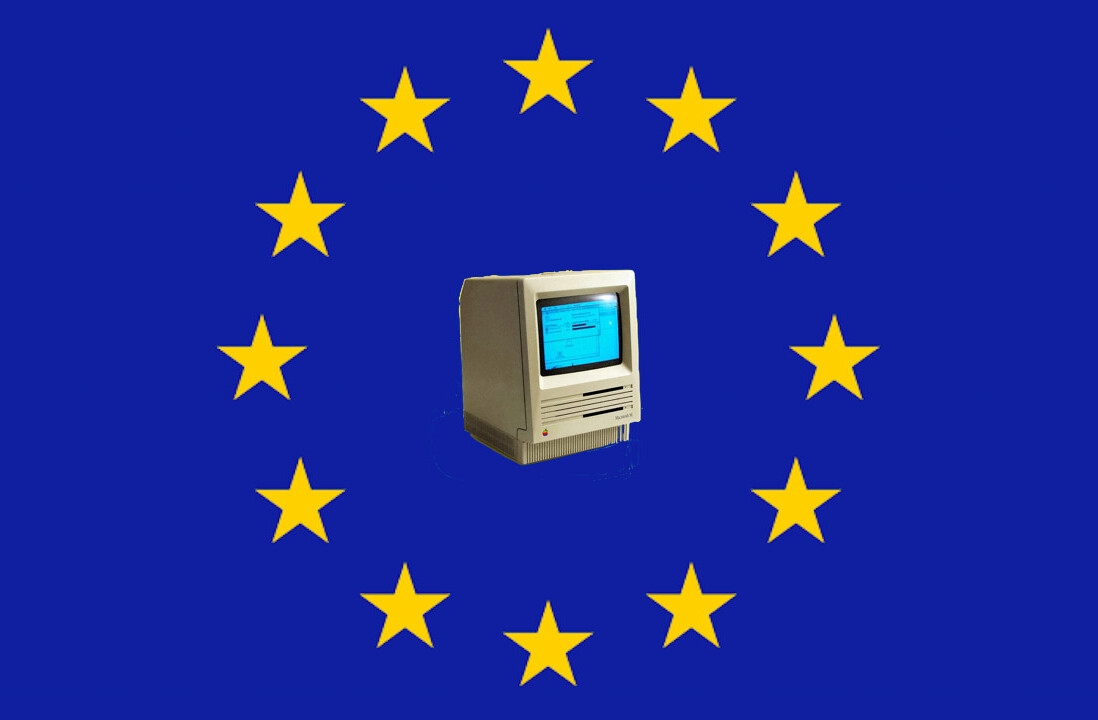
The Dutch central bank has today announced it must begin supervising cryptocurrency companies (including wallet providers) under the fifth European anti-money laundering directive, which came into effect in July.
Firms that offer services to exchange between cryptocurrency and “regular money” (fiat) are now forced to register with De Nederlandsche Bank (DNB) before 10 January 2020, and are advised to contact DNB as soon as possible.
“Cryptos are vulnerable to financial crime, which is why it is important to set up integrity supervision now,” said a DNB statement published today.
In addition to demanding such cryptocurrency companies to register, the DNB will “assess” their board members and some shareholders, who must show their processes are robust enough to prevent money laundering and terrorist financing.
“Once a firm is registered and we have assessed board members and other policymakers, we will monitor that it complies with the rules on money laundering and terrorist financing. Firms that do not register will no longer be allowed to provide crypto exchange services and wallets,” said DNB.
Last month, the New York Times reported that terrorist organization Hamas had been increasingly relying on Bitcoin to raise money to fund its operations.
In addition, Washington-based Middle East Media Research Institutes warned that these sorts of groups have been leveraging messaging app Telegram to solicit cryptocurrency, and shared concerns that its upcoming token sale would only make things worse.
With this news, Dutch cryptocurrency firms have found themselves in an unfortunately ironic situation.
Sure, they might’ve joined the industry to support the decentralized money revolution, but continuing to operate will likely mean doxxing their own users to comply with rules enforced by a central bank — which certainly undermines their whole endeavour, don’t you think?
Get the TNW newsletter
Get the most important tech news in your inbox each week.




